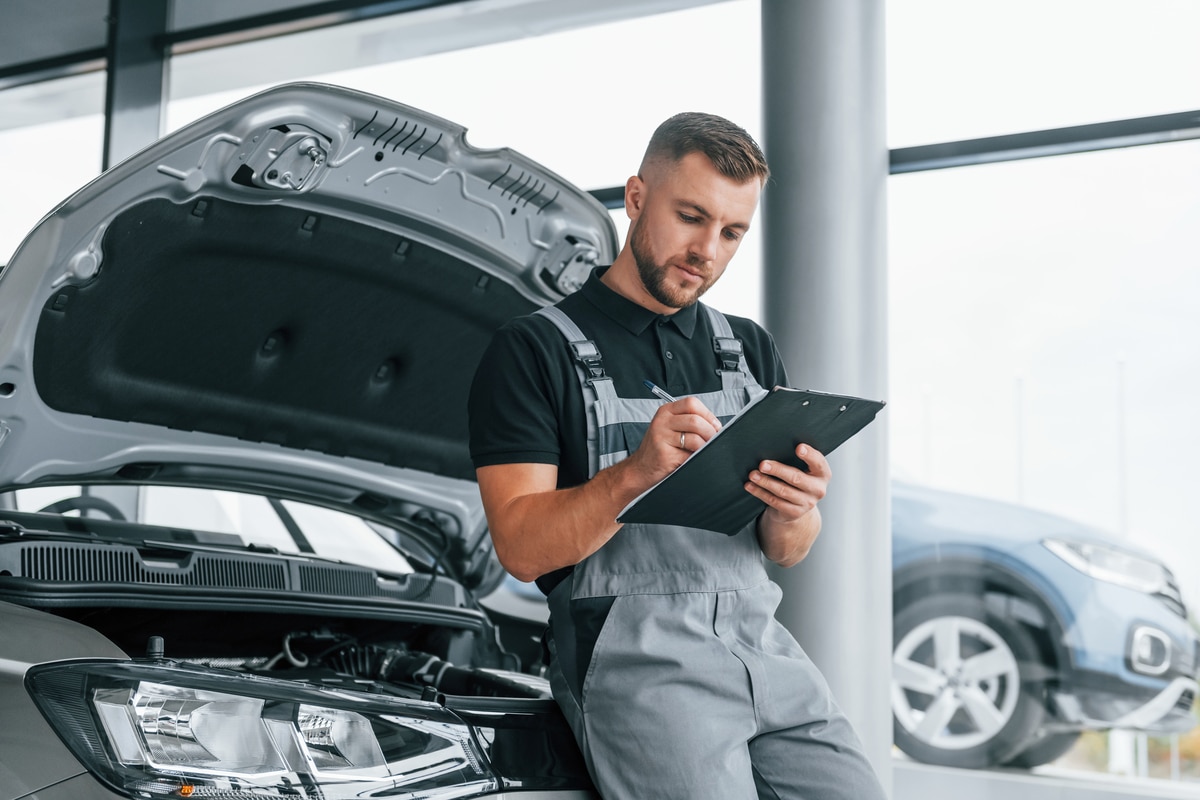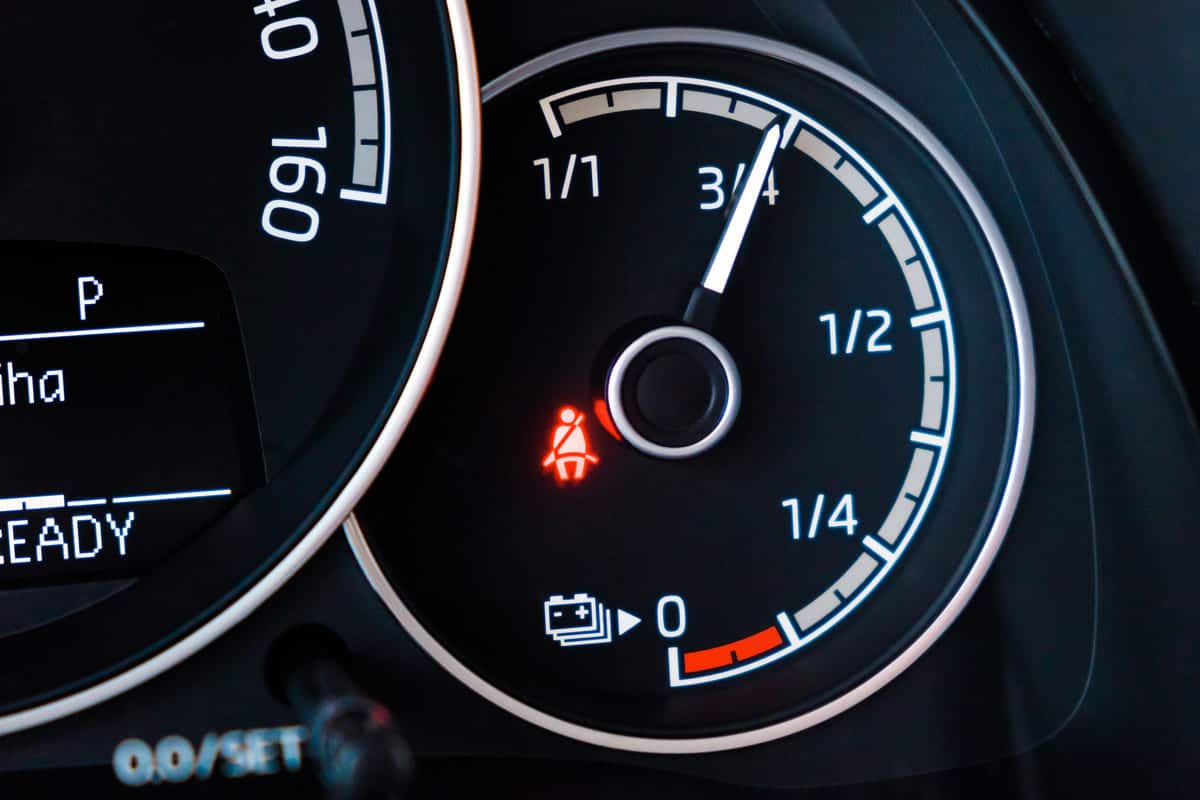
What Maintenance Does an Audi Need?
Audi is a very well-known luxury automotive brand that offers high-quality and performance vehicles. Owning Audi comes with a lot of responsibilities and one of them is proper maintenance for the longevity and optimal function of your . Doing regular maintenance of your Audi not only keeps it running smoothly but also helps in extending the life span In this article, we will discuss the various types of maintenance an Audi requires and why it is essential for every Audi owner to follow a regular maintenance schedule.
Quickly Understanding the Importance of Maintenance:
Regular maintenance is a crucial aspect of owning any vehicle, and this holds even more importance when it comes to luxury cars like Audi. Regular servicing and upkeep help in identifying any potential issues before they can escalate into a major issue. It also maintains the performance and value of your Audi, giving you a smoother and safer driving experience. Neglecting maintenance can lead to costly repairs in the long run and even compromise the of your vehicle.
What regular maintenance is needed by an Audi Vehicle?
If you own an Audi vehicle performing the regular maintenance and the scheduled service appointment both are equally necessary. Here are some of the regular maintenance tasks that an Audi needs to keep it in top condition:
Oil Change
Having the regular oil change of your vehicle is important for your Audi vehicle. The oil is responsible for lubricating various parts of the engine, reducing friction, and even helps in preventing wear and tear. Over time, the oil can become dirty and lose its effectiveness. That is why it is recommended to follow Audi’s manufacturer guidelines provided in the workshop repair manual pdf when to change the oil, which is usually every 5,000-10,000 miles.
Tire Maintenance
Proper tire maintenance not only improves your car’s handling and performance but also plays an important role in making sure your safety on the road. Regularly check the , rotate tires every 5,000-7,000 miles to ensure even wear and tear, and replace them when they are worn out.
Brake Inspection
Brakes are one of the most crucial safety component of any vehicle, and it is essential to keep them in excellent working condition. Have your brakes inspected regularly for wear and tear, and replace when needed. Ignoring brake issues can lead to more severe problems and compromise your safety while driving.
Fluid Checks
Audi vehicles use various fluids to make sure the smooth functioning of different systems, such as the , cooling system, and brakes. It is essential to check these fluids regularly and top them off or replace them when needed. Dirty or low fluid levels can cause damage to the corresponding systems and lead to expensive repairs.
Battery Maintenance
The is the heart of your Audi, and it is essential to keep it in good condition. Regularly check for corrosion and clean it if necessary. Also, ensure that the connections are tight and free of any debris. If your battery is more than three years old, consider having it tested or replaced to avoid any unexpected breakdowns.

Here are some of the Scheduled Service Appointments for Audi Vehicles
Apart from regular maintenance tasks, Audi vehicles also require scheduled service appointments to ensure optimal performance. These appointments typically include a comprehensive inspection and tune-up of your vehicle to detect and address any potential issues before they escalate. Here are some of the essential services included in scheduled service appointments for Audis:
Multi-point Inspection
A multi-point inspection involves a thorough check of various components and systems of your Audi, including the engine, transmission, brakes, tires, fluids, and more. This helps in identifying any potential issues that may need attention.
Oil Change with Filter Replacement
As mentioned earlier, regular oil changes are essential for Audi’s performance and longevity. During scheduled service appointments, the is also replaced to ensure clean and efficient engine function.
Brake Fluid Flush
flush involves replacing old, dirty brake fluid with fresh fluid to maintain the braking system’s effectiveness. This helps in preventing corrosion and ensures your brakes are operating at their best.
Engine Air Filter Replacement
The engine plays a crucial role in keeping your engine clean by filtering out dirt, debris, and other particles. During scheduled service appointments, the engine air filter is replaced to ensure optimal engine performance.
Conclusion
Having the regular maintenance of your Audi is most important to make sure it runs smoothly and optimally for years and decades to come. Just neglecting these can lead to unexpected breakdowns and costly repairs down the line. It is essential to follow both regular maintenance tasks and scheduled service appointments as recommended by Audi to keep your vehicle in top condition. By doing so, you can enjoy a smooth, efficient, and safe driving experience for years to come. So, if you own an Audi or plan on buying one, make sure to prioritize its maintenance for a hassle-free ownership experience.




